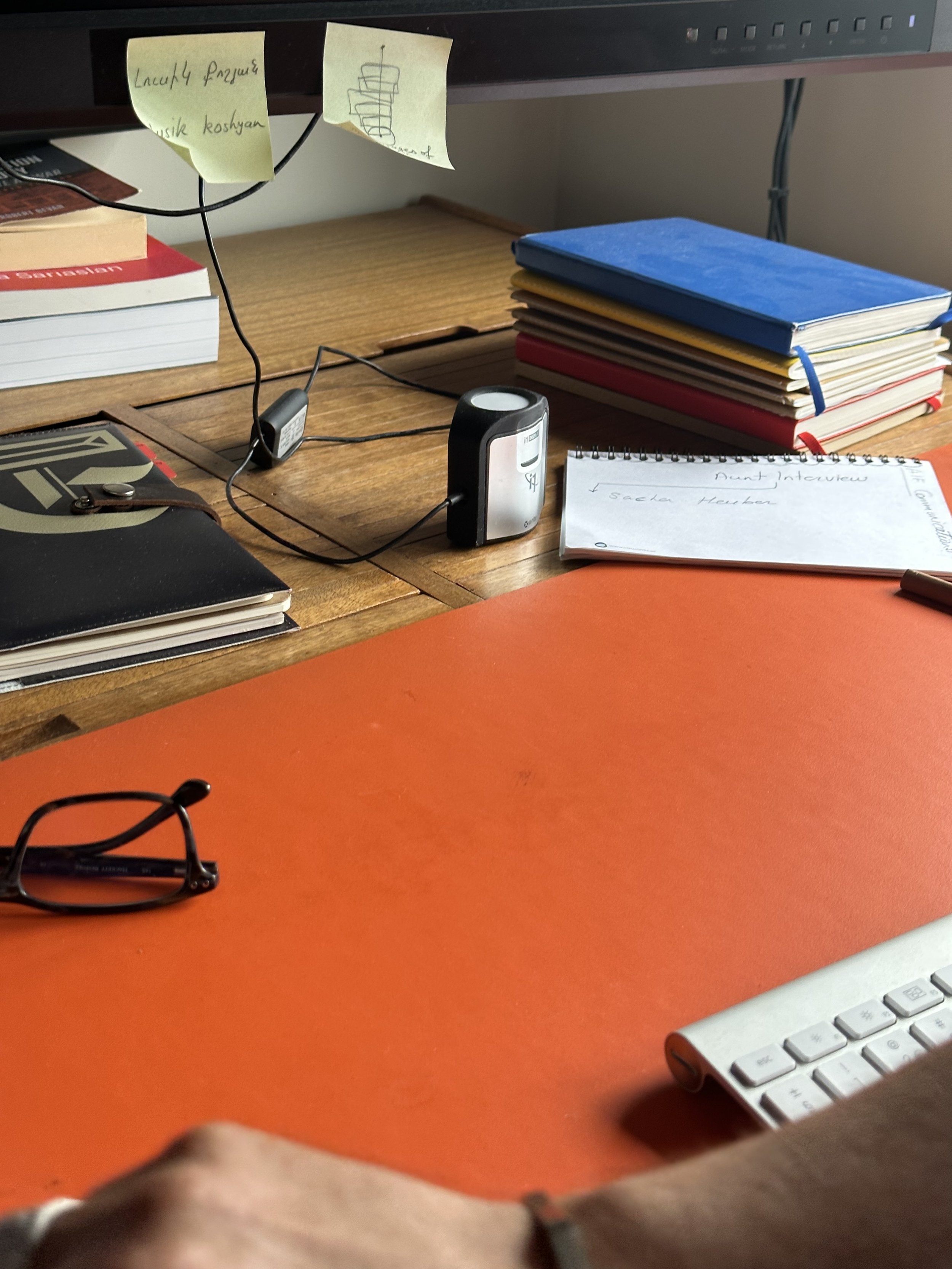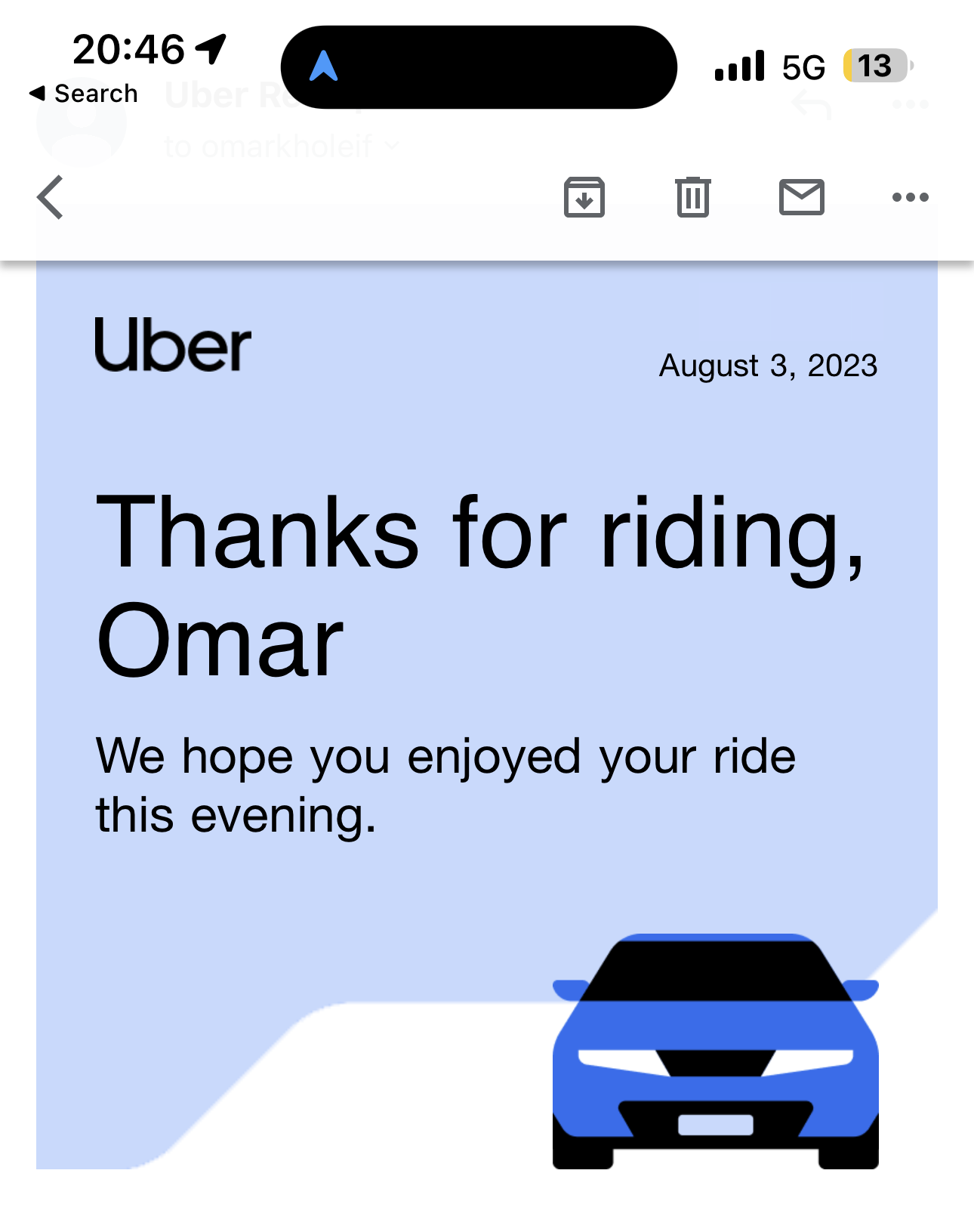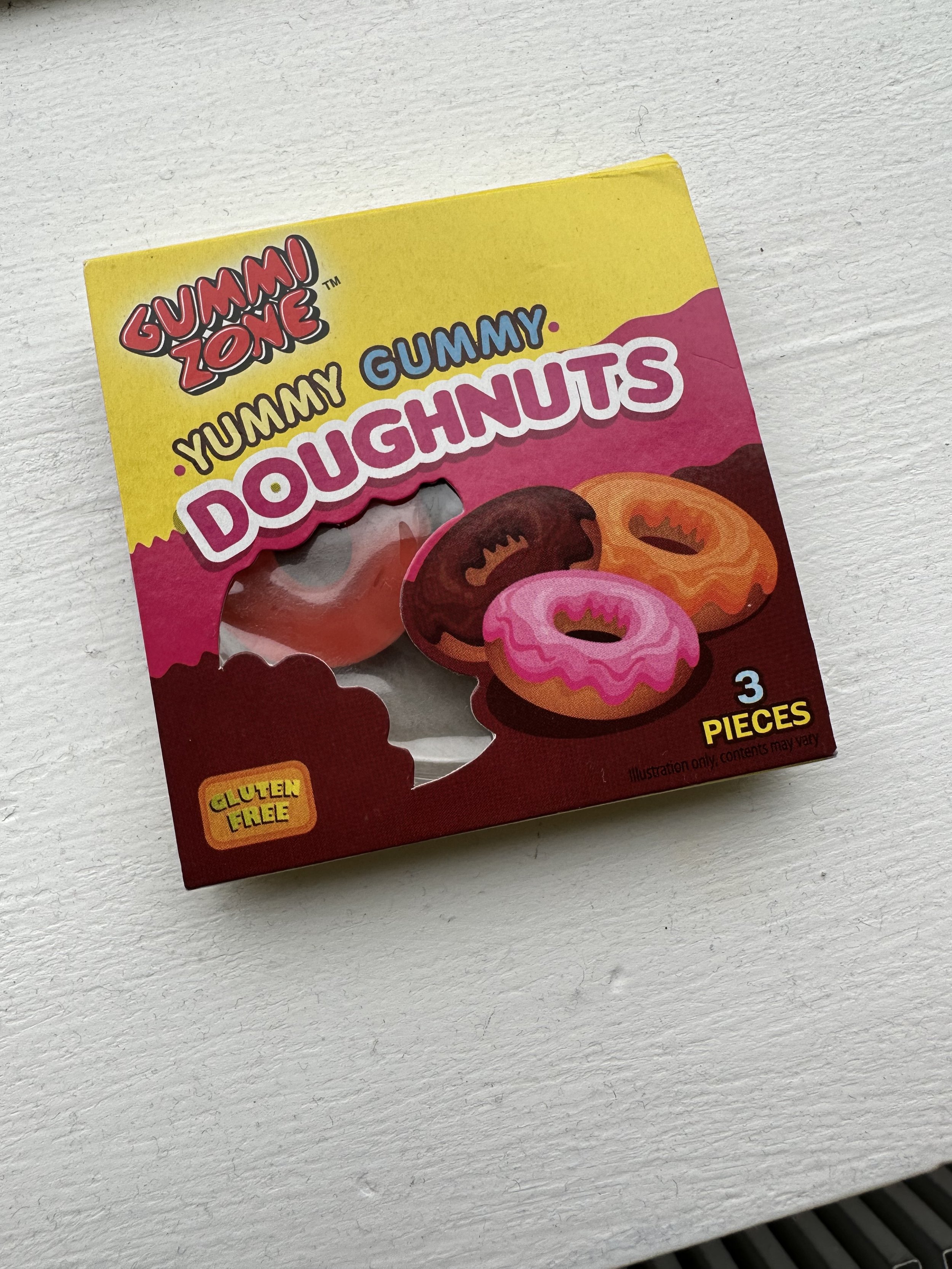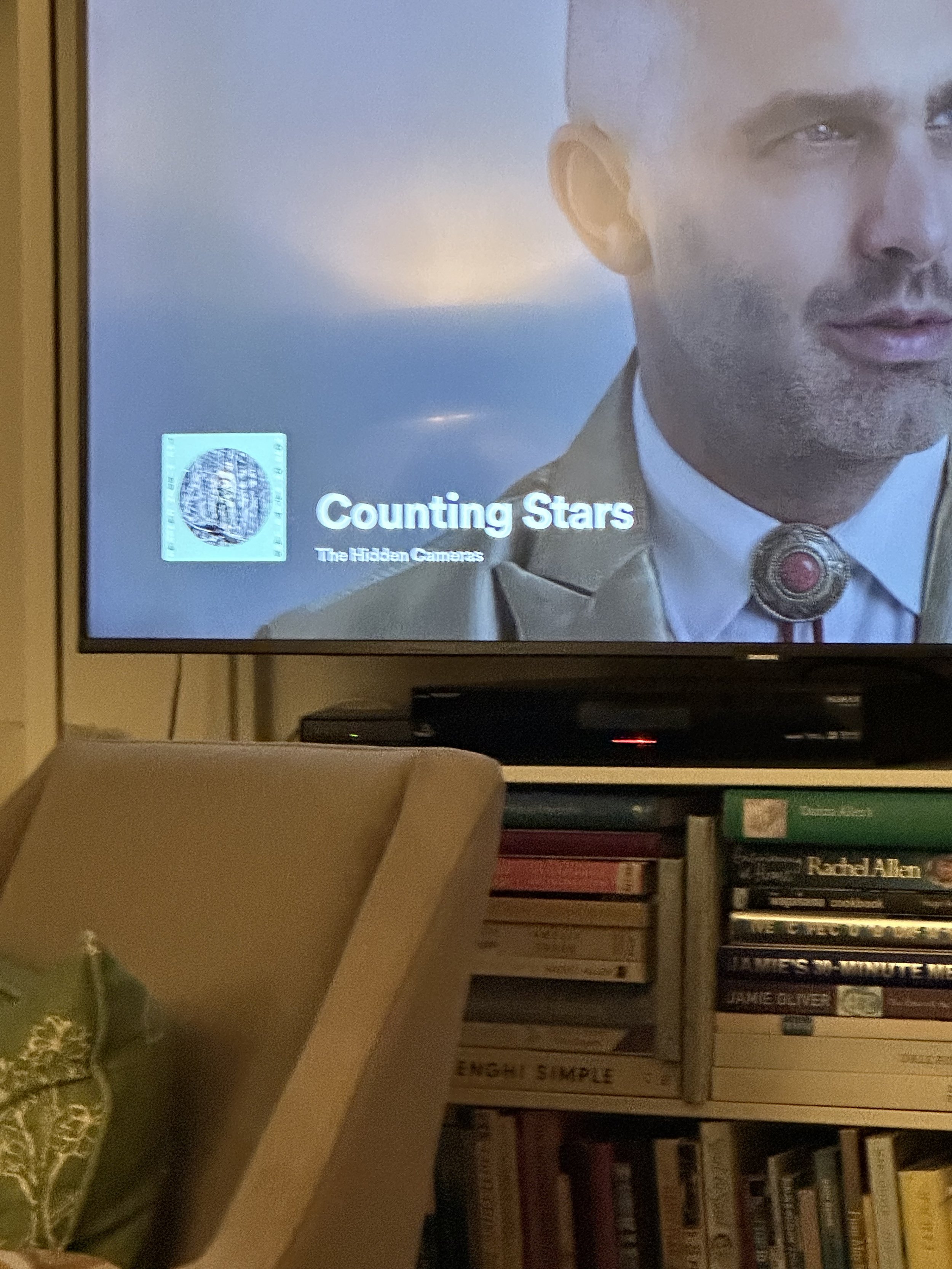A Summer of New Beginnings
Notes on Blogging, Decluttering, and Archiving the Self
Omar Kholeif
We’ve resuscitated the ‘Age of Anxiety’ space (once: referred to by yours truly as a platform) from the throes of the deep web. You might choose to call this, a ‘blog’ or an aggregation of thoughts of the present if you wish. This project began in earnest as an initiative developed in collaboration with the artist, Jeremy Bailey, during the first lockdown of the Covid-19 pandemic. My exhibition, Art in the Age of Anxiety (in which Jeremy’s art featured), had just been shut down before it could even open to the public (it would later become a box-office sensation and an award-winning book).
Jeremy and I sought to create a social space that would keep us connected through critical dialogue, whatever the echo chamber of media headlines professed. But our own anxieties, around work and the practicalities of living, eventually took over, and off we went—moving sideways. I am proud to have dug-in and dug-up the platform, to bring it back to life: after all, aren’t pre/sequels, origin stories and re-makes all the rage in the movie biz these days?
I began blogging in the early 2000s back when it was all the rage. It kick-started my career as a filmmaker, a journalist, and a documentarian. Sounds important. But it wasn’t quite so easy. Back then, folks like me got paid 50 bucks to live-blog about a television show for companies such as, Viacom; 250 bucks to go to a gig and upload a review by sunrise, or 500 bucks to do a piece of in-depth reportage (a lot less than what the New Yorker paid the likes of its writers). The figures did not add up, for survival and upkeep. But the significance of the blog would soon emerge. It re-calibrated the way that we conceive of the history of WWW. During the second invasion of Iraq by the U.S. and its allies in 2003, blogging offered a means for new forms of reportage. Citizen journalism, and citizen commentators were ascribed increasing importance versus the humdrum of mainstream news media whose television presenters sought to obfuscate the truth with their black and beige corporate attire, their manicured presentation, and their clipped, curt verbal presentation.
Blogging offered an immediate, un-edited, un-censored set of perspectives around a confluence of interests, which collectively helped conceive and foster entire swathes of community. This extended well beyond the confines of the anti-war movement, through to celebrity gossip and snarky musings, self-help, tech advice, political journalism, political satire, critical reflections on pop culture, all of which paved the way for alternative media organisations such as The Intercept, among others to exist today.
The lure of advertising dollars has since shifted the form of many of these spaces and their attendant content, but for at least a decade, the space of the blog offered a sense of community, solace, even.
As I wheeled across London’s City Airport yesterday—on a journey to find respite from the over-saturation of life, I found myself overwhelmed by airport retailers’ desire to sell me a version of self-help. It was one of upward mobility, encouraging me to reconfigure myself, with best-selling books such as Atomic Habits or the The 48 Laws of Power thrust in my face wherever I laid my eyes.
I dropped the accumulating pile of ‘self-help’ books in my hands and opted instead to hurriedly fill my basket with different forms of candy, which professed to be gluten-free, sugar free, aka fun-free, and headed to gate 3 to wait for boarding. I opened my computer and pondered how to constructively make something of the ‘free time’ that I was privileged to be afforded with the August month of summer. The cluttered desktop before me begged for organisation, but so did my mind. I considered the prospect of legacy, and the meaning of organisation, not simply, as an aesthetic practice, but as an epistemic one—one that affords ourselves, and others (when we are gone), to consider our contribution to life on Earth.
I became dutifully concerned with my archive—the blogs that I had authored, which have now disappeared online. The companies that once ran them now having gone bust, or perhaps, not so keen to continue paying the hosting fees for content that only a few will peruse. I began to put my life in order, a desire that I hope to instil in you dear reader, whether during the summer, or your next ‘spring clean’. Here are a few tips as to how to get started in archiving yourself—not for Instagram, or a mythical notion of a public, but for history’s sake—as true a representation of yourself, however you wish to be seen, felt, remembered. It might even help bring new ideas to light!
Let’s begin:
Archiving the Self
Make a folder on your computer called Archive.
Put the digital things on and from your computer that are dear and precious to you—poems, stream of consciousness diary entries, photographs you wouldn’t want to live without, etc, into the Archive folder. You may have to search for these, including on cloud-based platforms.
In whatever fashion you prefer, print out everything in this Archive folder and make yourself a physical box to contain them. You can organise this box however you like, colour-code different aspects; make photos albums out of printed pieces of binary code; wrap certain elements in acid-free paper, or merely just toss it all in. It’s a start to something, however you choose to begin.
Back-up your computer Archive in at least two places, one of them being a physical hard drive, the other can be via a form of cloud computing if you wish.
You will need to check this Archive hard drive once a year to ensure it is still functioning and compatible with your software, and up to date with whatever you add into this folder. Always ensure that any computer upgrade you consider, is compatible with said hard drive, or you’ll need to upgrade your physical hard drive. Keep printing things out, keep ordering your box, or what may become boxes, if you have the space for them.
In the end, what I found is that by ‘choosing’ to decipher what in life holds most significance to me, I was also able to let go of that which was cluttering up my mind—the folders with pdfs of publications that I had no interest in reading; or videos sent to me via WhatsApp groups, which lingered absorbing space and time that held no relevance for me. To free this space up is political. De-cluttering the mind also contributes to a decluttering of the Earth—if those nonsensical things can be erased from time, they won’t auto back-up to the cloud, soaking up energy, our scarcest of resources, and instead, leaves us all with a lot more room to breathe.
Exhale!

